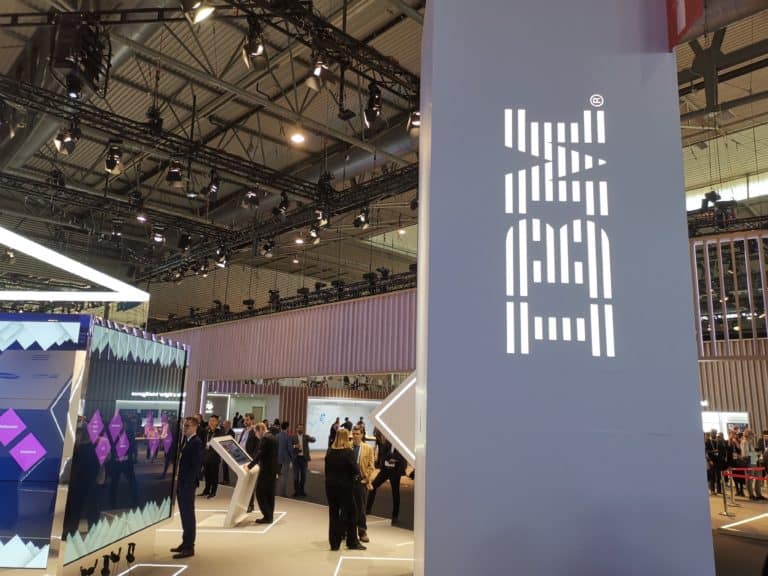IBM’s growth narrative gained steam today as the computer giant reported first-quarter earnings that were somewhat better than expected and an encouraging outlook, boosting the stock price in after-hours trade.
On a constant currency basis, quarterly sales increased over 11% year over year to $14.2 billion, above analysts’ consensus projections of $13.8 billion. Earnings of $1.40 per share were also more than expectations of $1.39.
The most significant news was that IBM’s growth areas of software, consulting, and hybrid cloud all performed well.
How did IBM perform?
Software sales increased 15% in constant currency terms, while consultancy and hybrid cloud revenue both increased 17%. According to Chief Financial Officer James Kavanaugh, IBM’s growth components, software, and consulting are now its focus.
Although the corporation has received criticism for its Watson Health and artificial intelligence divisions, IBM’s software revenues climbed at a 15% pace.
According to Bola Rotibi, research director for software development at CCS Insight Ltd, Chief Executive Arvind Krishna’s choice to cut IBM’s losses and sell the Watson Health unit reflects a pragmatism that is garnering respect on Wall Street. The CEO has been praised for making decisions that generally put everyone at ease regarding how the conglomerate is run.
Red Hat and Kyndryl performed well
Sales to IBM’s Kyndryl managed services division, which it spun out last year, are helping the company. Sales to Kyndryl accounted for over half of the overall revenue increase and more than half of software revenue growth.
Red Hat, IBM’s subsidiary, was singled out as a standout performance, with executives saying the company is gaining market share in corporate Linux and OpenShift, Red Hat’s version of the Kubernetes orchestrator for software containers.
Infrastructure revenue declined 0.3%, led by an 18% reduction in IBM Z System mainframe sales, the only negative in the report. IBM recently announced a new mainframe. The z16 is built around the Telum chip, which offers an AI accelerator, among other things. You can read an in-depth story on this new mainframe here.
